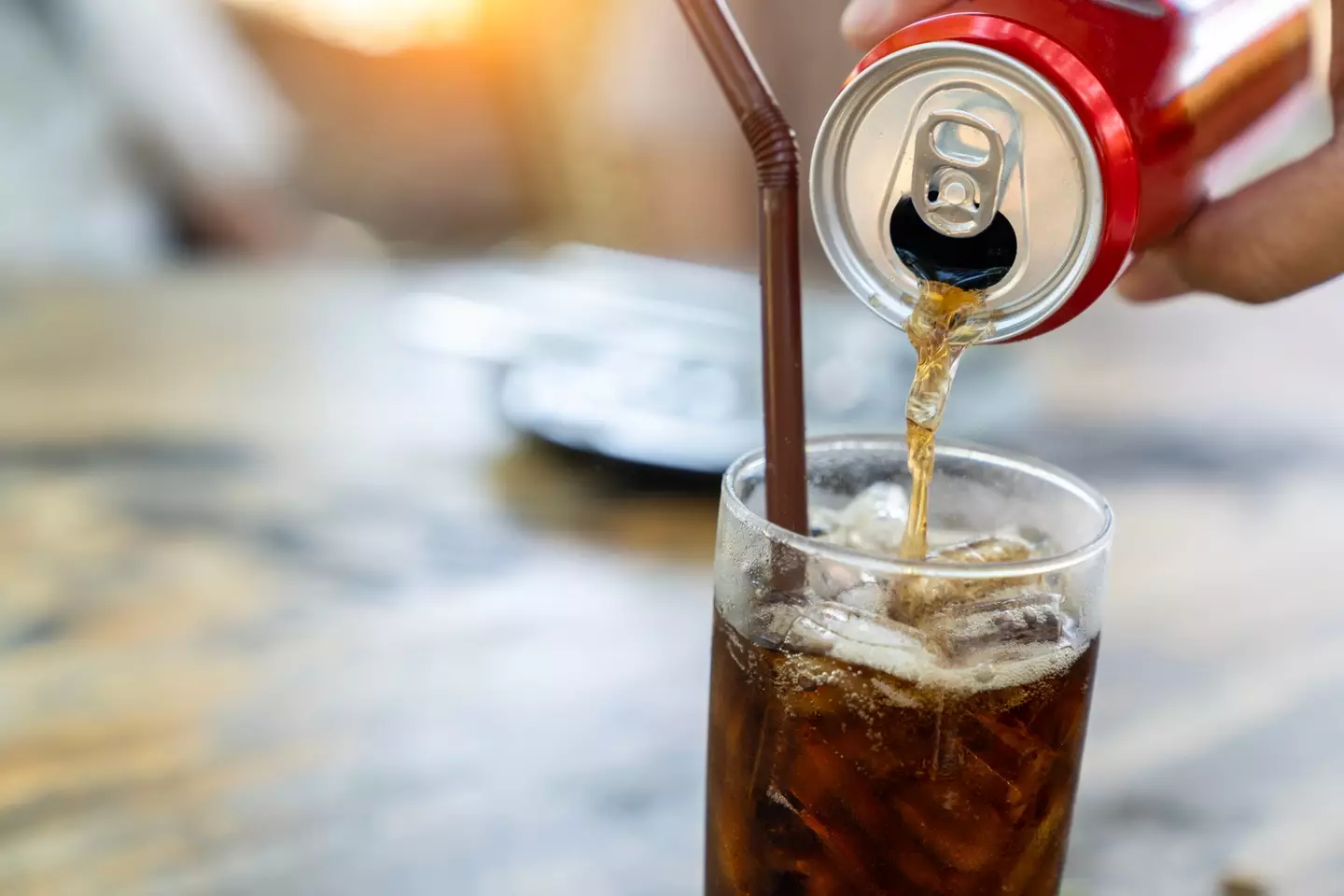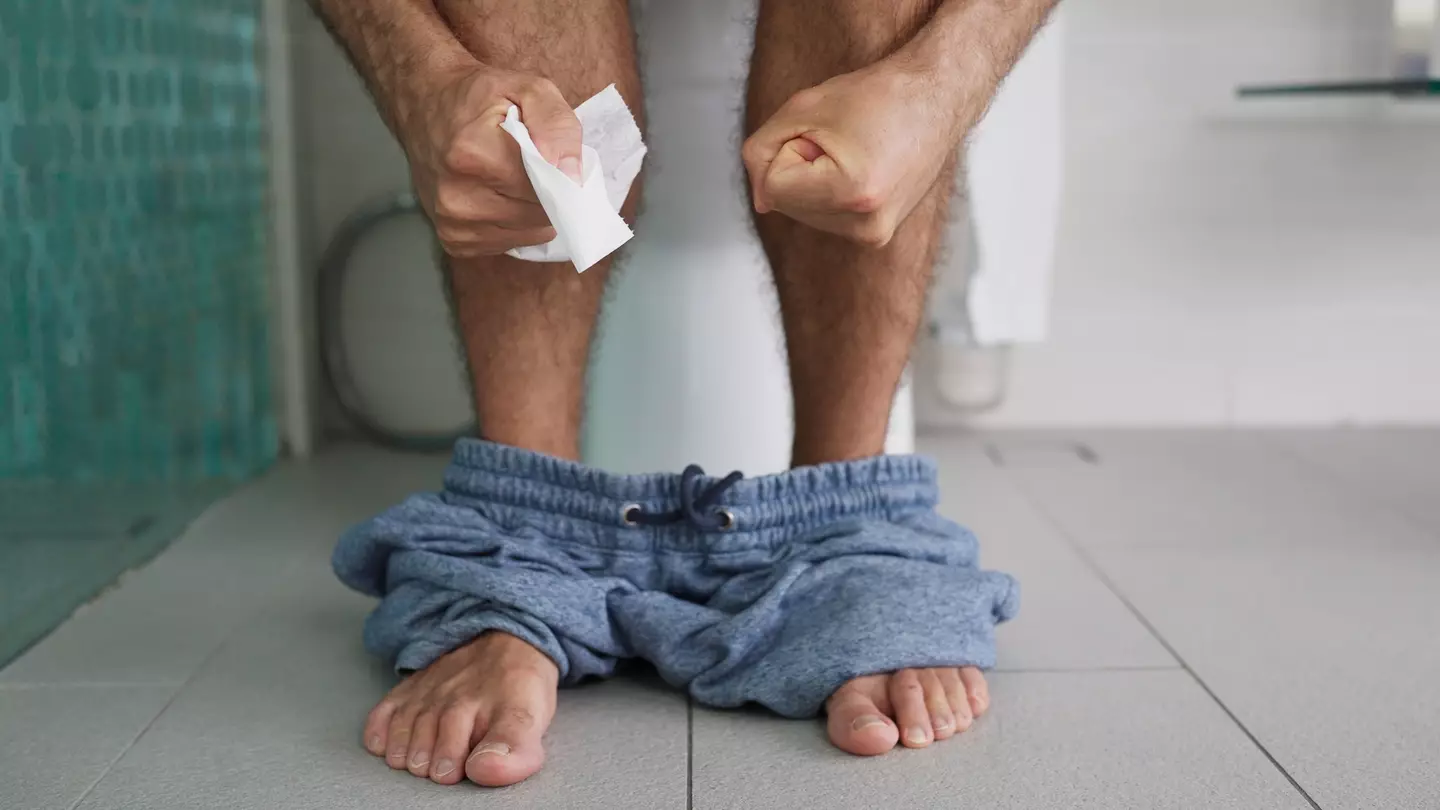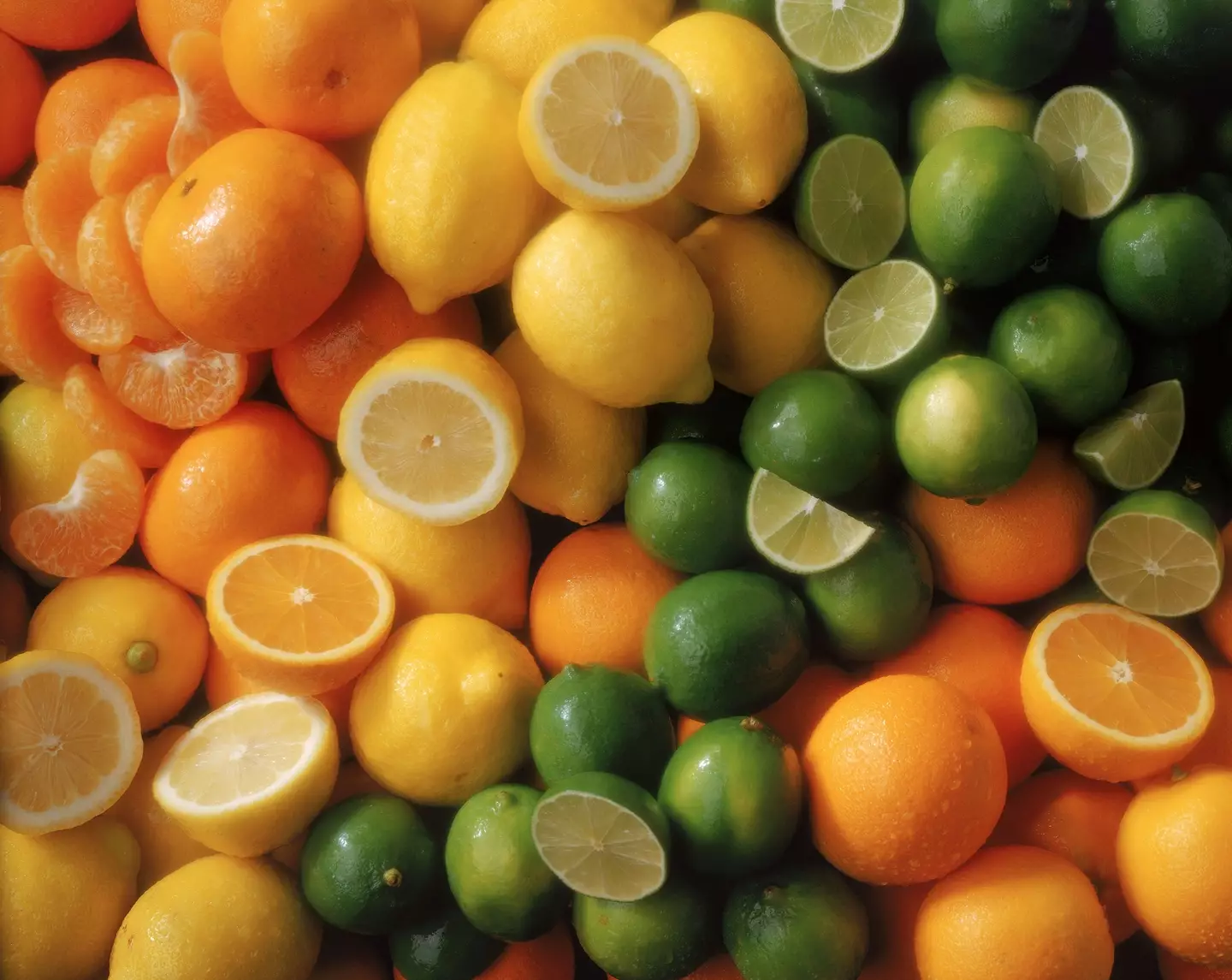A doctor has warned which foods and drinks you should avoid if you always have a bowel movement after eating.
There seems to be a lot of advice out there about our bowel movements – how often we should go, what a “normal” bowel movement looks like, etc.
However, if you often find yourself having to go to the bathroom quickly after eating, there may be an explanation for this.
Dr. Joseph Salhab recently explained on TikTok that the urge to go to the bathroom right after eating doesn’t necessarily mean there’s something wrong, like irritable bowel syndrome (IBS), but that it could simply have something to do with brain function.
In addition, certain foods and drinks we consume throughout the day can increase the urge tenfold.

Certain foods and drinks could cause the problem. (Getty Stock Images)
So if you have an important day ahead of you and going to the bathroom after every meal isn’t ideal, you might want to avoid these things…
The doctor discovered that food does not “pass through us” as quickly as many of us would initially assume.
Instead, he claims that the process involves signals to your brain.
In the video he explains: “When you eat and feel like you have to go to the bathroom right after, it’s called the gastrocolic reflex.”
Although the causes are different in each case, the doctor warned that there are some things that can make symptoms worse in everyone.

Having a bowel movement immediately after eating is usually not a sign of anything unusual. (Getty Stock Images)
These include things we consume every day, such as carbonated and sugary drinks, alcohol, dairy products, fried and fatty foods, and even some citrus fruits.
According to Dr. Salhab, the expansion of your stomach sends a signal to your brain that you are full about 20 to 30 minutes after eating.
And here we have to make room somehow…
As expected, the doctor said that “your colon starts to contract to make more room for food,” which is why your brain may be telling you that you need to go to the bathroom quickly.
And apparently the reflex is stronger in the morning, right after breakfast.
While these types of bowel habits do not usually indicate internal problems, people with irritable bowel syndrome are much more sensitive to the reflexes.
Dr. Salhab also recommended a so-called low FODMAP diet.

Citrus fruits can also make the situation worse (Getty Stock Images/Burke/Triolo Productions)
According to BBC Good Food, this product was developed primarily to treat irritable bowel syndrome and contains a long list of foods to avoid, including: wheat (including bread and breakfast cereals), rye, barley, garlic, leeks, onions, artichokes, lentils, chickpeas, pulses, cashews, pistachios, baked beans, lentils, borlotti beans, garbanzo beans, soybeans, kidney beans, animal milk, custard, ice cream, yogurt, dairy desserts, apples, pears, mangoes, watermelon, high fructose corn syrup, honey, nectarines, peaches, plums, cauliflower, mushrooms, sugar snap peas and chewing gum. Phew.

